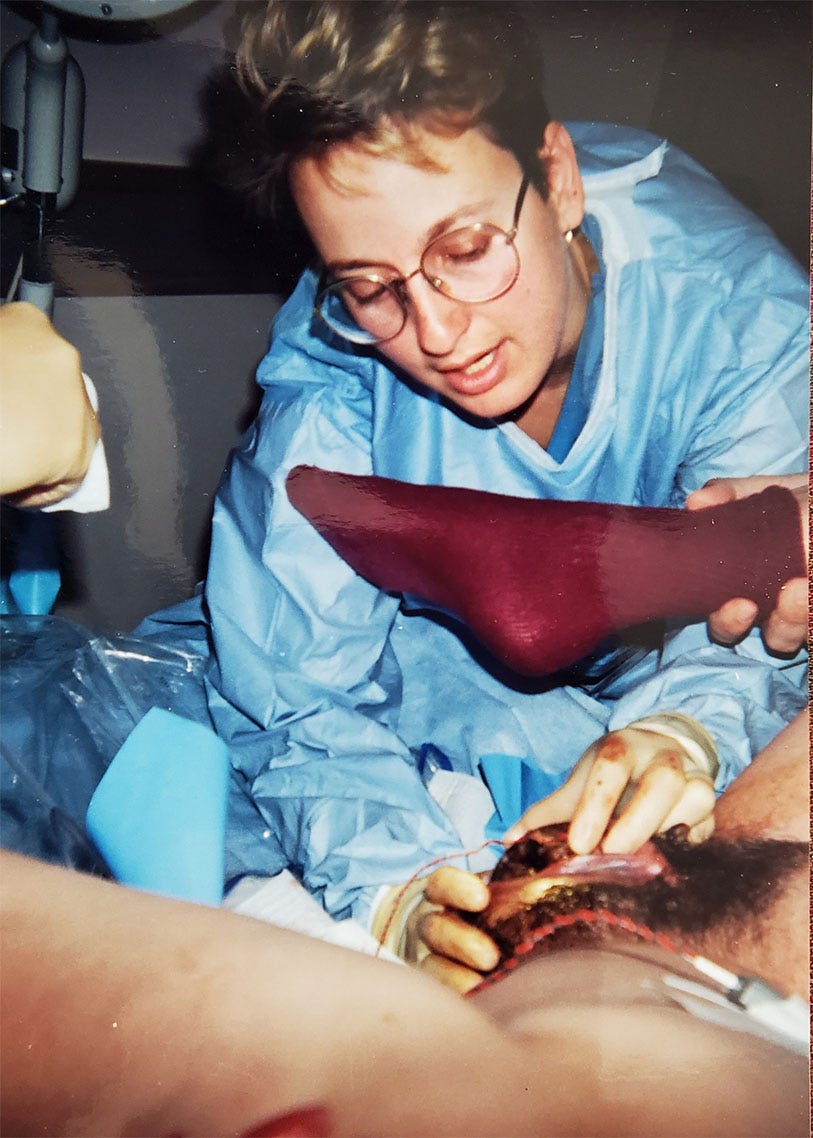The Midwife
What You Learn Attending 10,000 Births
In three decades as a nurse midwife, Cathy Moore estimates she was involved in delivering over 10,000 babies. Many she had “caught” herself. Her mission has always been to “empower women to find their voices and make good choices for themselves and their families." This profile chronicles a lifetime spent caring for mothers and bringing life into the wo…
Keep reading with a 7-day free trial
Subscribe to Work/Craft/Life to keep reading this post and get 7 days of free access to the full post archives.


